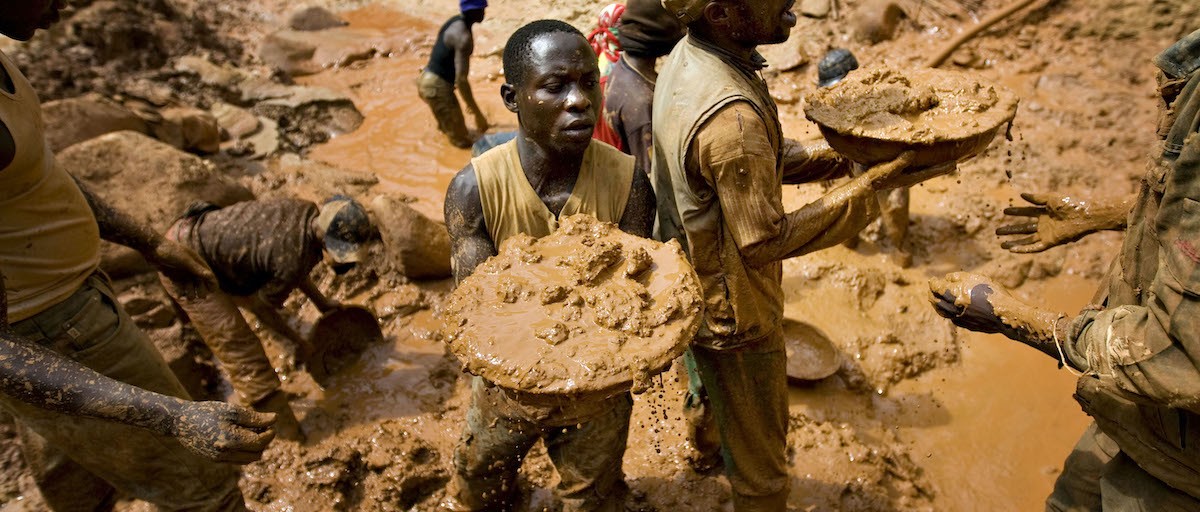How indigenisation policy encourages illegal mining in Nigeria – Prof. Okunola
President of the Geological Society of Nigeria, Professor Olugbenga Okunola, has blamed the indigenisation policy as being responsible for the prevalence of illegal mining in Nigeria. Speaking at the Africa Independent Television/CEDENAC Resources policy options for the next administrations in Abuja, Okunola said Nigeria had been a mining country and started mining about 115 years […]

President of the Geological Society of Nigeria, Professor Olugbenga Okunola, has blamed the indigenisation policy as being responsible for the prevalence of illegal mining in Nigeria.
Speaking at the Africa Independent Television/CEDENAC Resources policy options for the next administrations in Abuja, Okunola said Nigeria had been a mining country and started mining about 115 years ago after the mineral surveys of the southern and northern protectorates.
He stated that during the mining boom period in Nigeria, the railway structure was built to transport coal from Enugu to the seaport Port Harcourt, adding that mining had contributed over 12 per cent to the GDP of Nigeria.
Okunola noted that the mining industry had employed over 2,000 people when the British were still active in 1971 and that Nigeria had up to 120 companies at the peak of production.
- Senator Nwaoboshi rearrested by EFCC, jailed over N805m scam
- Wanted: Someone to explain what is happening in Nigeria
Speaking on the topic, “Curbing Illegal Mining in Nigeria,” Okunola explained that trouble started with the policy of indigenisation which resulted in the acquisition of majority shares in the main expatriate mining companies.
He said the development caused large scale withdrawals of foreign investments in the industry.
“So, multinationals, expatriates left, and the bulk of the mining activities now rested on the indigenous miners; they had no capital, they had no training and capacity development so it led to a downturn.
“We lost the capacity, personnel, finances; Nigeria’s capacity at that time for large scale mining was very low before the downturn came. This was the beginning of the root cause of the proliferation of unorganised mining,” Okunola added.
The spokespersons of the four main political parties – the All Progressives Congress (APC), the Peoples Democratic Party (PDP), the Labour party (LP) and the New Nigerian Peoples Party (NNPP) – who were present canvassed how their parties would diversify the economy, especially towards the mining sector.
